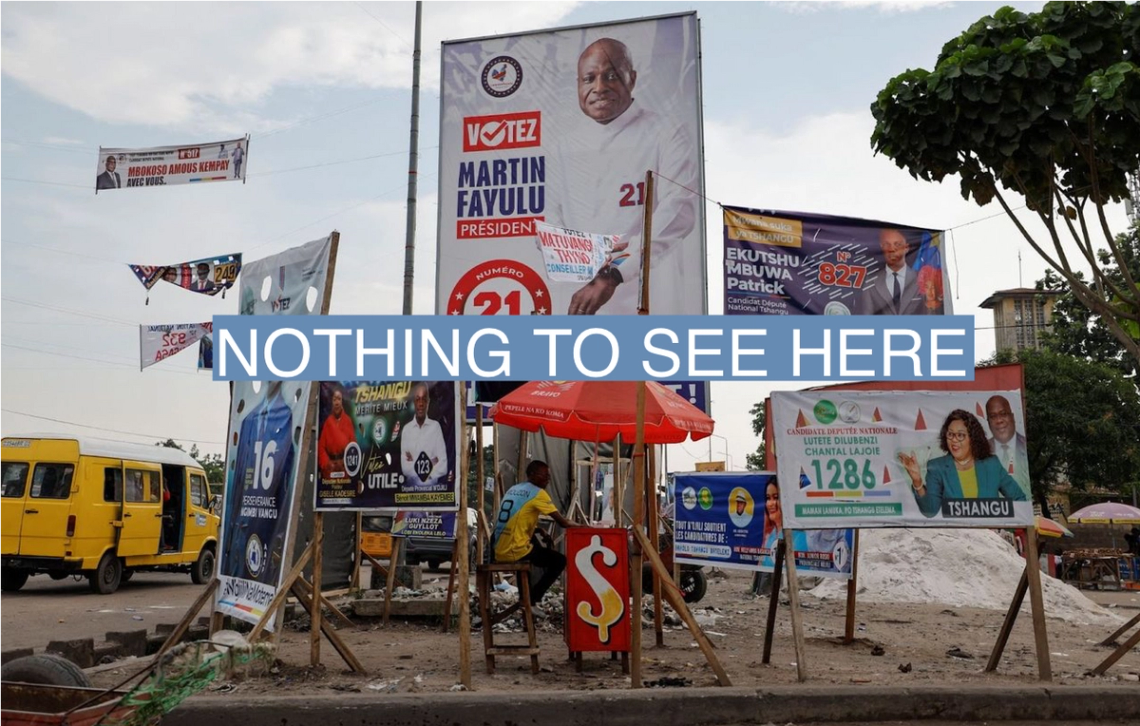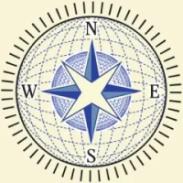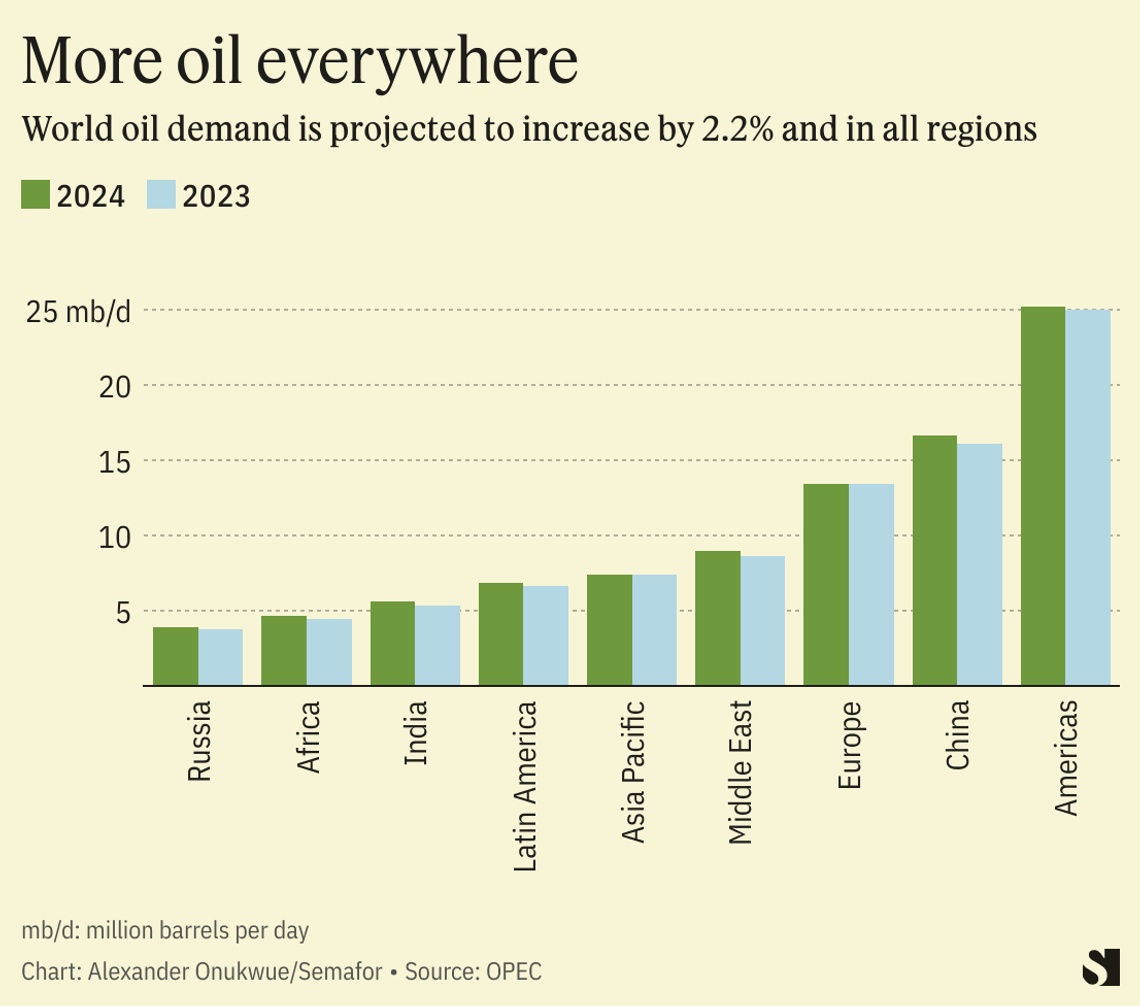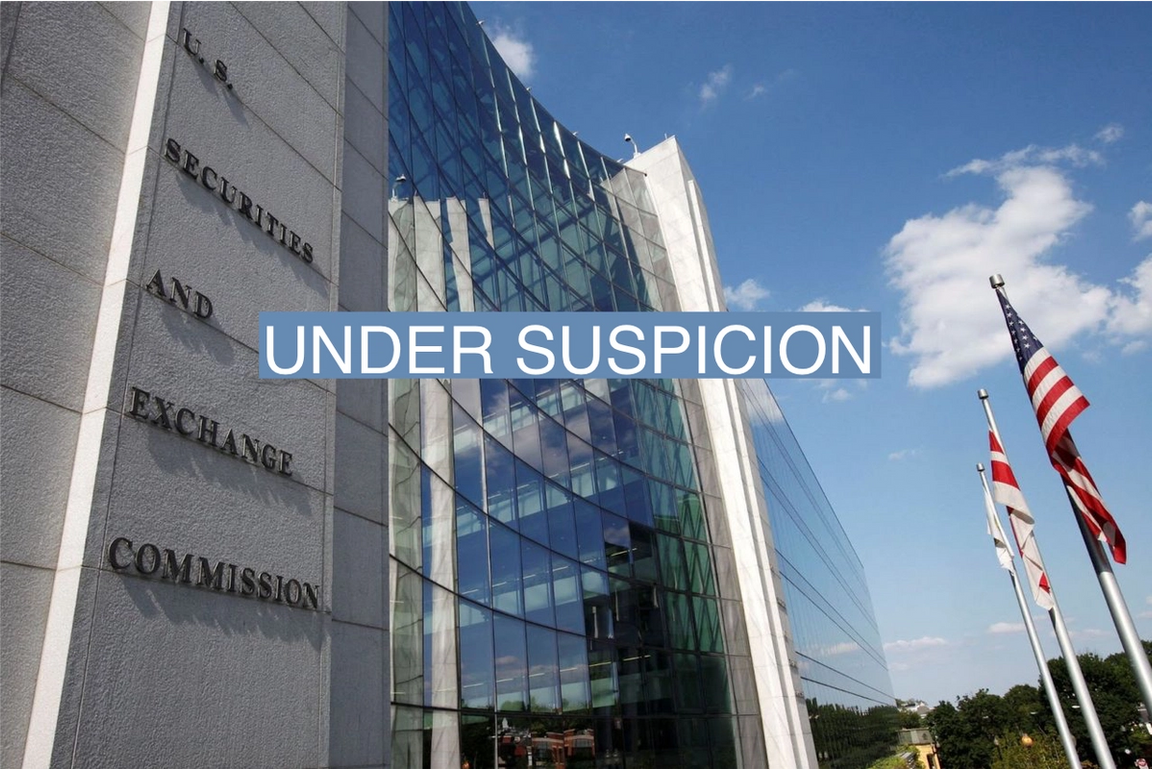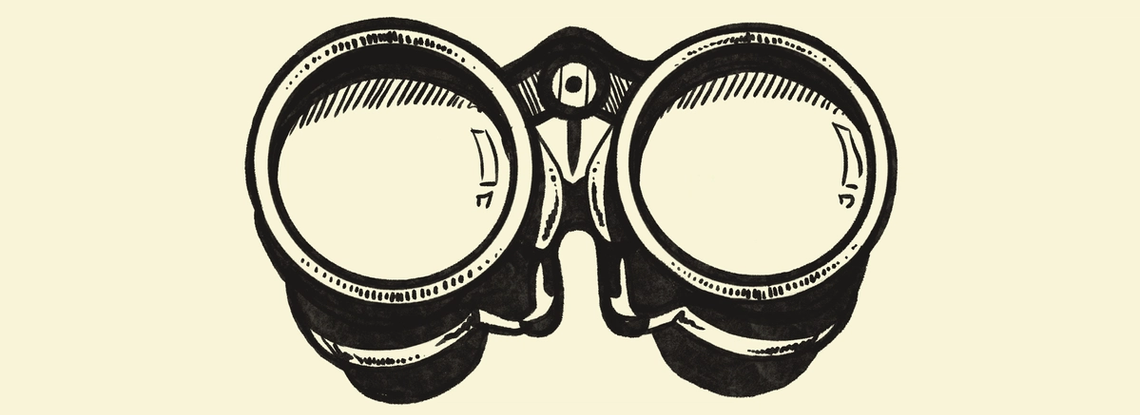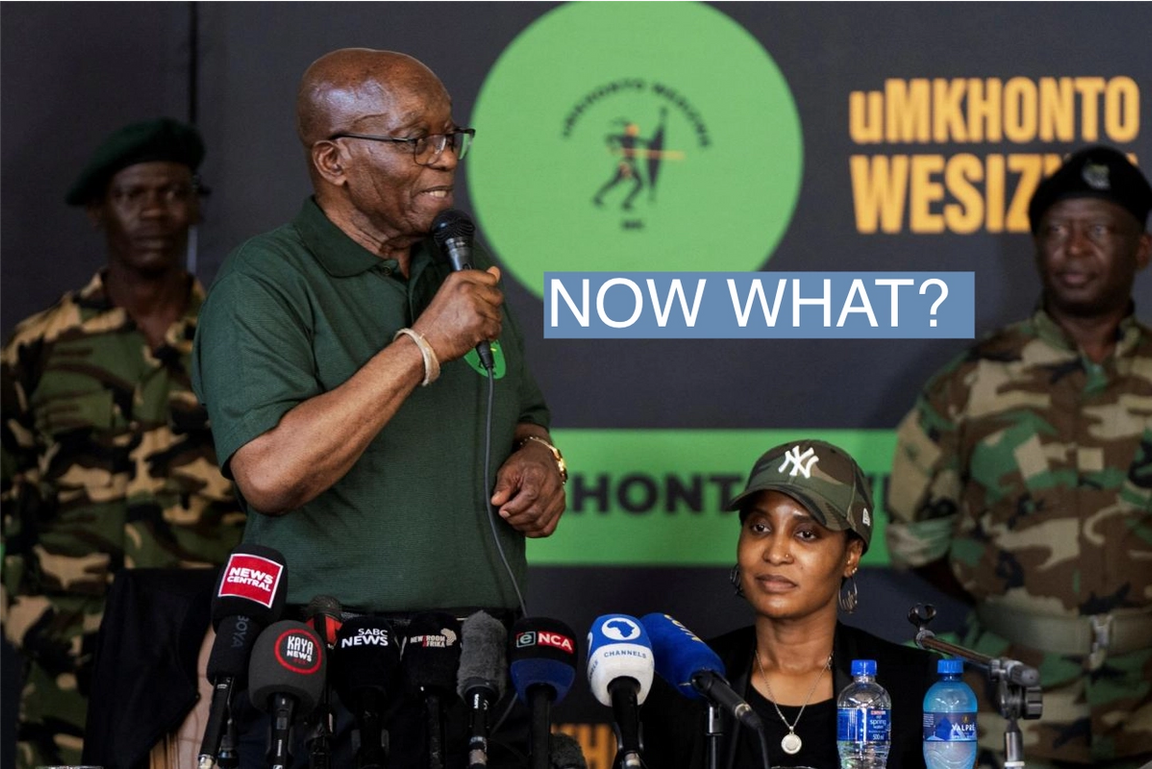 Reuters/Shiraaz Mohamed Reuters/Shiraaz MohamedTHE SCOOP JOHANNESBURG — The announcement by former South African president Jacob Zuma that he will not vote for the ruling African National Congress in next year’s elections has sparked disagreements within the party’s leadership over how to limit the impact of his move. The ex-president, who on Saturday held a press conference in Soweto to announce the withdrawal of his backing for the ANC, also declared his support for the newly-formed Umkhonto we Sizwe party, which is named after the ANC’s now-defunct military wing. However, he remains a member of the ANC. Semafor Africa spoke to four senior ANC officials who sought differing approaches. Some said they may call for his expulsion whereas others called for caution. “Zuma has flouted party rules and the constitution by working against the ANC and announcing he would campaign for another party,” a party leader told Semafor Africa, speaking on condition of anonymity. “He has defined himself outside the party and should therefore be taken through a disciplinary action and be expelled.” But another senior ANC figure, pointing to a different view, said Zuma had overestimated his popularity. “Ignoring him is a better strategy than expelling from the party, as action against him would make him a victim and he would exploit that,” the person said. KNOW MORE Zuma, South Africa’s president between 2009 and 2018, resigned amid allegations of endemic corruption across government and state-run companies. He was succeeded by his deputy, Cyril Ramaphosa. The former president was sentenced to 15 months in prison in 2021 after refusing to testify during a financial corruption investigation but was freed on medical parole after two months. SAM’S VIEW Zuma is an effective political performer who remains influential, despite having been widely discredited over alleged state capture during his time in power. His credentials as an apartheid era freedom fighter, combined with an easy charm — for example, he has a great singing voice that he used to great effect when campaigning — can make Ramaphosa seem wooden in comparison. And Ramaphosa’s strongest feature, his record as a successful businessman, hasn’t been reflected in his handling of the economy. The former president’s continued influence was clear in the riots of July 2021 that gripped several cities, killing at least 70 people, which followed him being jailed. The unrest was widely considered to have been orchestrated by the former president. While his influence has waned since then, his impact may be felt more in one of South Africa’s nine provinces, KwaZuku Natal, where the ANC could fall below 50% in next year’s election. This is where Zuma has the most appeal and one of the provinces in which the ANC may be most vulnerable. The good news for the ANC is that the ex-president’s support for Umkhonto we Sizwe could help to split the opposition vote by taking supporters from the Economic Freedom Fighters, a Marxist party led by a firebrand Julius Malema, and the centrist Democratic Alliance (DA), which is the largest opposition party. | 

